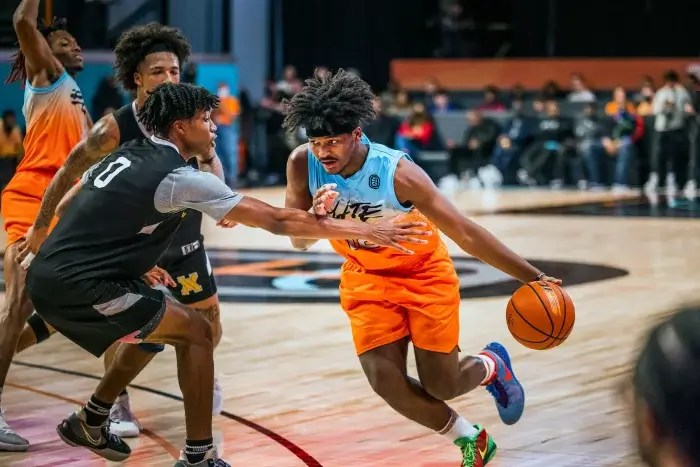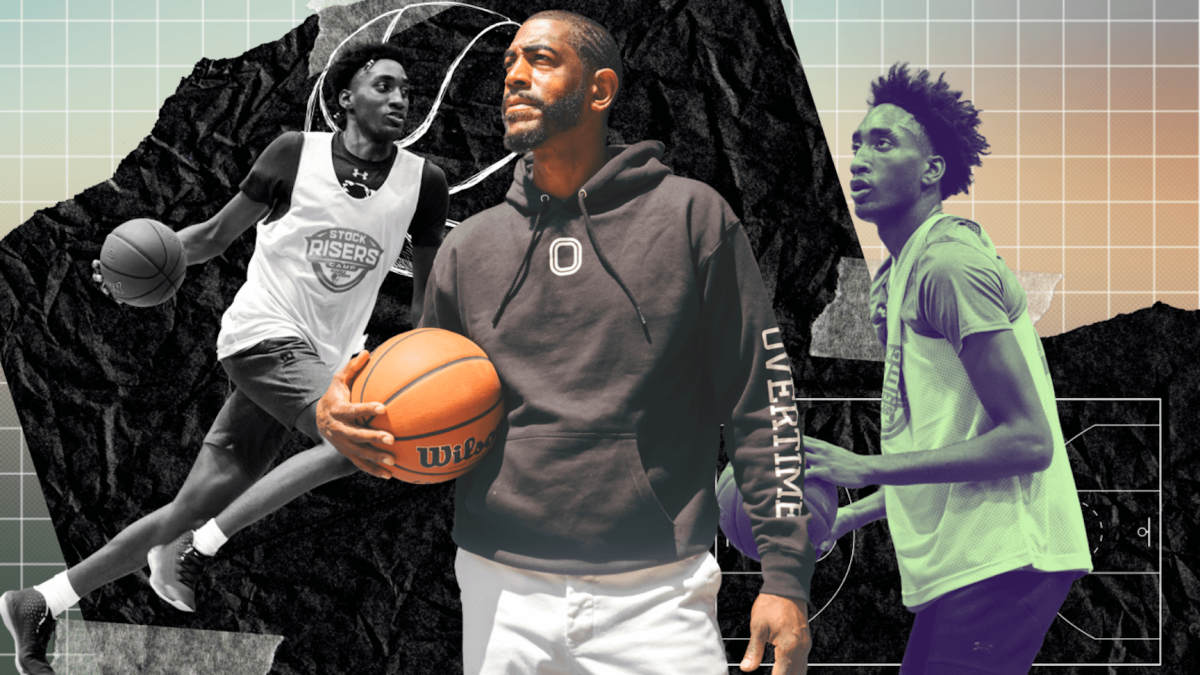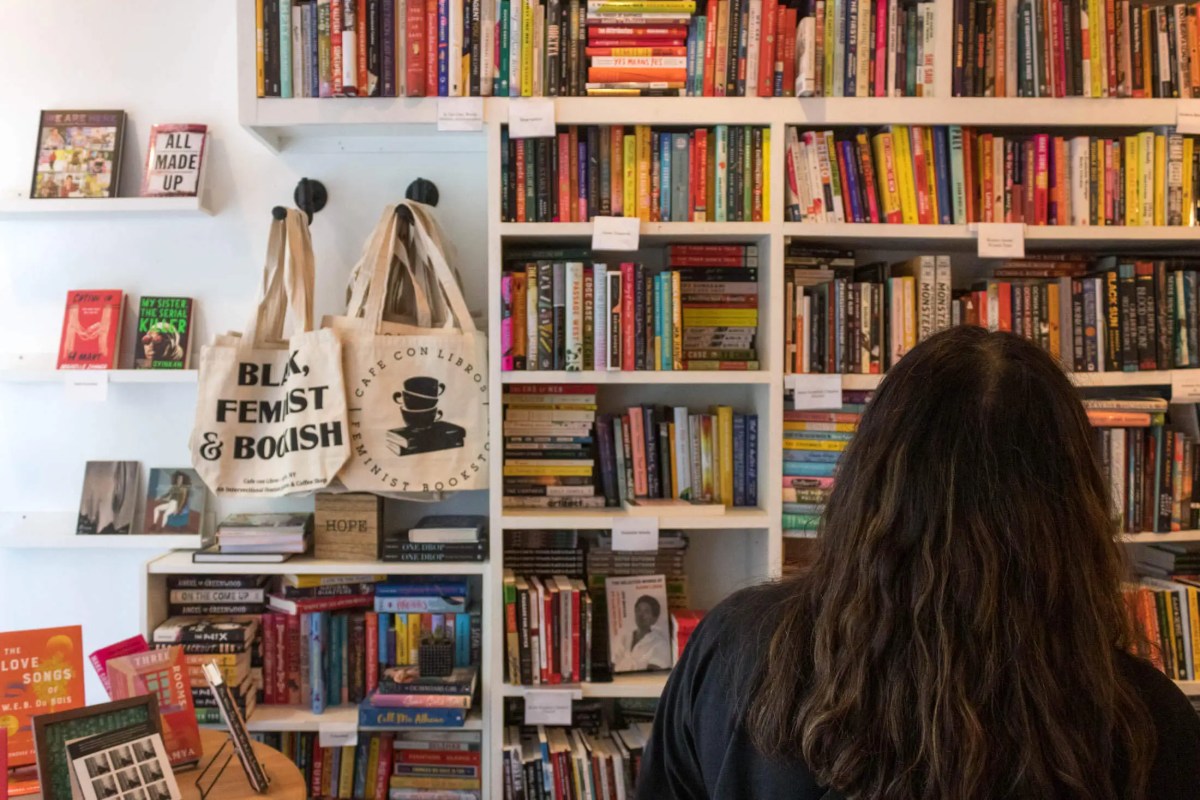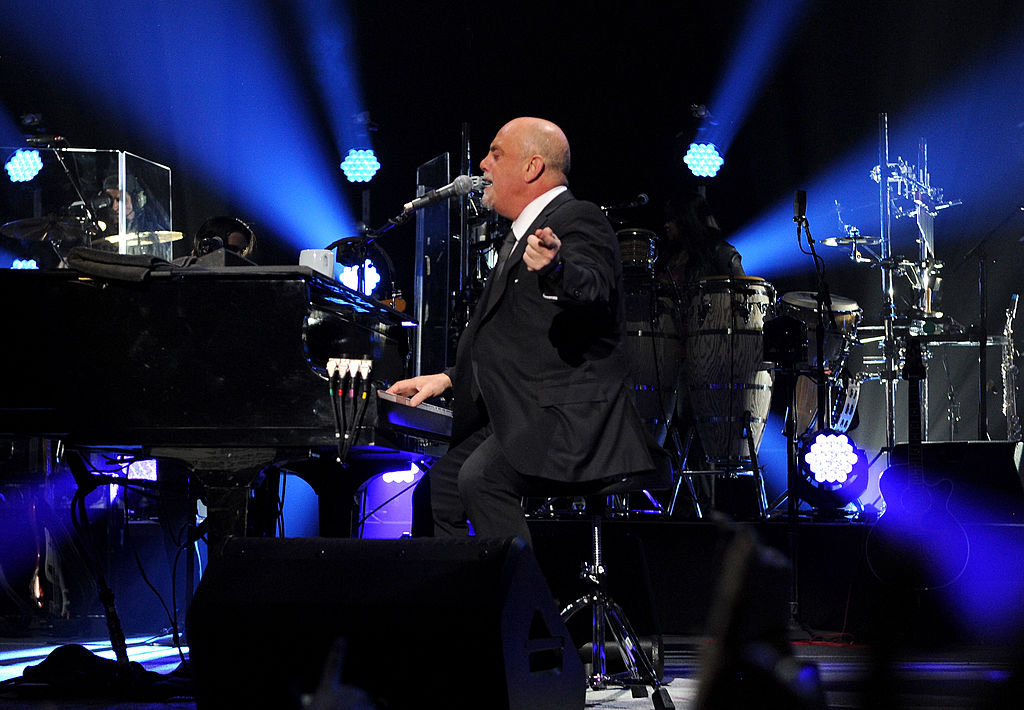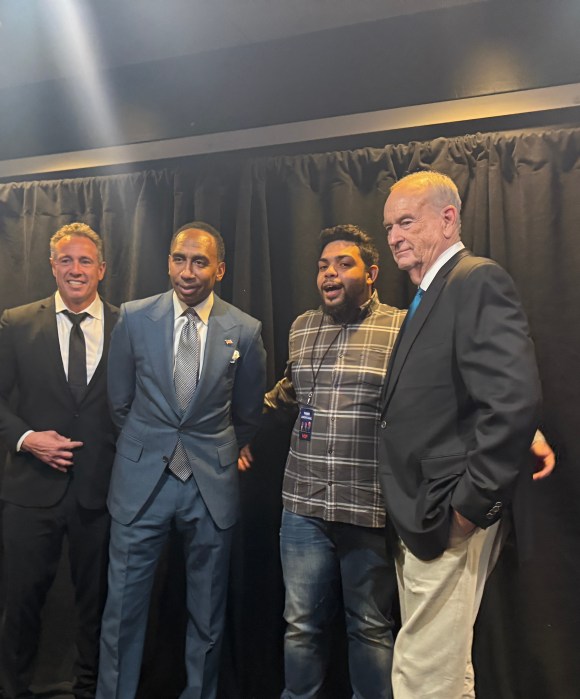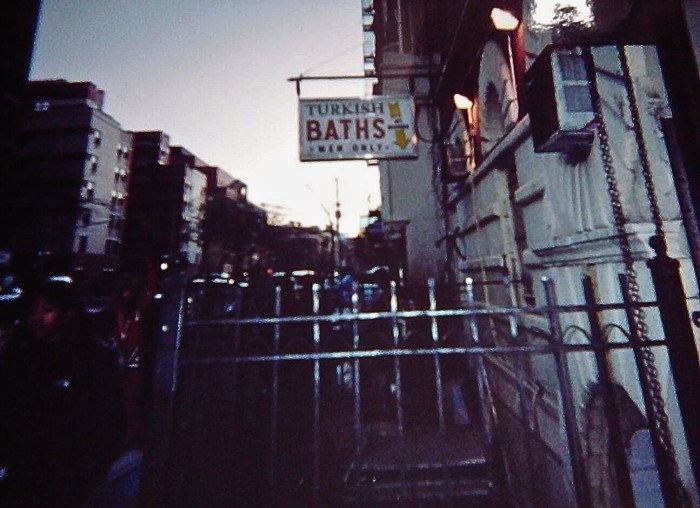On Tuesday, Overtime announced a $100 million funding round that included money from Liberty Media, the corporation that owns F1 and the Atlanta Braves. Liberty Media joins previous investors, including Amazon founder Jeff Bezos’ Bezos Expeditions, Drake, and Kevin Durant in putting money behind their belief that Overtime could change the market for high school sports.
The company was founded in 2016 by Dan Porter and Zack Weiner with the goal of building an audience of 15-to-28-year-olds who love sports but were not consuming them in the same way their parents did. After working with social media stars during their time at William Morris Endeavor (WME), Porter and Weiner believed that sports needed to adapt marketing strategies for younger audiences.
They began by focusing on covering high school basketball players who had large social media followings but were not yet known by the larger sports world. For example, Overtime was posting highlights of Zion Williamson before he ever stepped on the court at Duke University.
Overtime expanded to create an online program of content that features reality shows based around high school stars and docuseries’ that follow G league athletes or the best high school teams in the country. Their YouTube channel currently has 2.29 million followers and the company claims to have 65 million followers across all their social media platforms.
It also has agreements with companies including State Farm, Gatorade, and Meta, while also selling merchandise, e-commerce, and licensing rights. All of which has caused Overtime to estimate it makes north of $50 million in revenue as it positions itself to re-write the way youth culture consumes sports.
The biggest swing that the company has made so far is the creation of Overtime Elite, a basketball league that recruits and trains players, most of whom are in high school, and develops them into professionals. Porter stated he wanted Overtime Elite (OTE) to be a third option for high school players after the NBA and NCAA.
Initially, players who chose to play in OTE forfeited their NCAA eligibility because Overtime paid them salaries starting at about $100,000 a year. OTE also provided players with academic instruction and gave them a cut of the merchandise and licensing revenue. If the players didn’t get a professional contract, Overtime gave them $100,000 to attend the college of their choice, only they would have been ineligible to play basketball.
However, that changed with the NCAA’s name, image, and likeness (NIL) deals. Now, in order to maintain the option to play college basketball, Overtime’s players can choose to not take a salary from the company but generate money through their own marketing deals, which the NCAA now allows.
Just a few months ago, Overtime Elite has its first pro player sign a contract when the Knicks signed Jean Montero after the 2022 NBA Draft.
With this new round of funding, Overtime hopes to continue changing the opportunities for high school athletes and re-shaping the way sports can be consumed by the younger generations.
They have already begun expanding beyond basketball. In March, the company launched a seven-on-seven football league called OT7, in partnership with NFL quarterback Cam Newton. OT7 is a version of traditional football that emphasizes passing and receiving so an offense is made up of a quarterback, five receivers, and a snapper. Players don’t wear pads, there are no offensive or defensive lines, and offensive players are considered ‘down’ when they are touched below the neck by a defender.
The inaugural season of OT7 kicked off early in June with 18 teams and had over 70 four-star collegiate recruits, including “2023’s No. 1 WR Brandon Inniss and No. 1 DB Cormani Mcclain, plus 2024 No. 1 QB Jadyn Davis and No. 1 WR Jeremiah Smith.”
Overtime also has plans to create leagues strictly for female high school athletes, and this new money will not only allow for that to happen but will continue to show that the younger generation has a passionate desire to consume sports media when it is told in a way that speaks to them.
Perhaps it’s time that all the professional leagues start to listen.
For more sports coverage, like this Overtime article, visit amNY Sports
